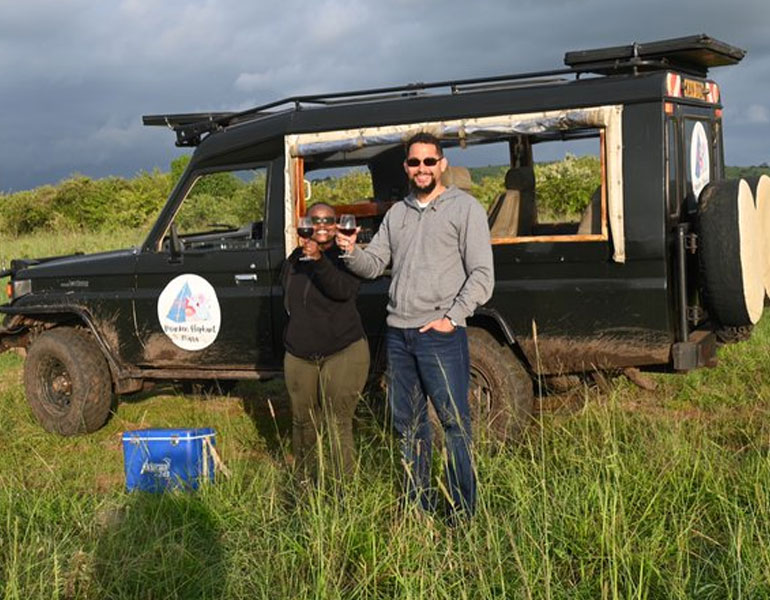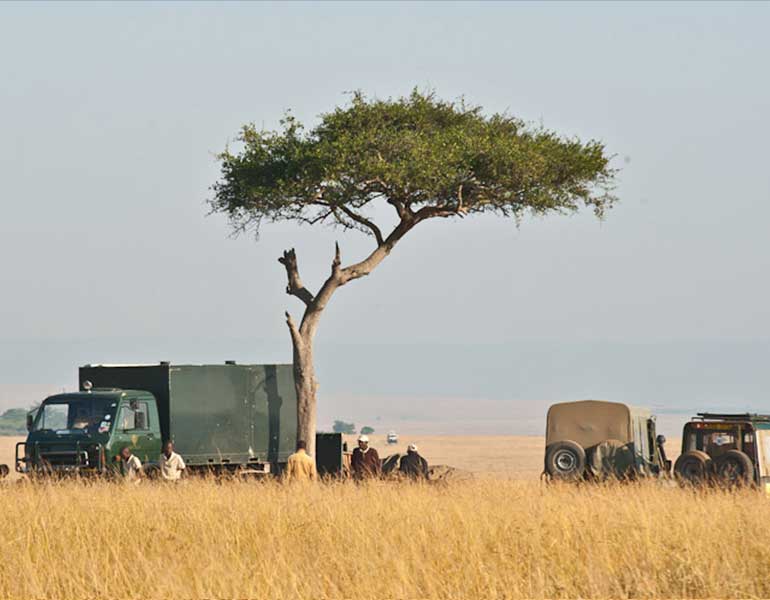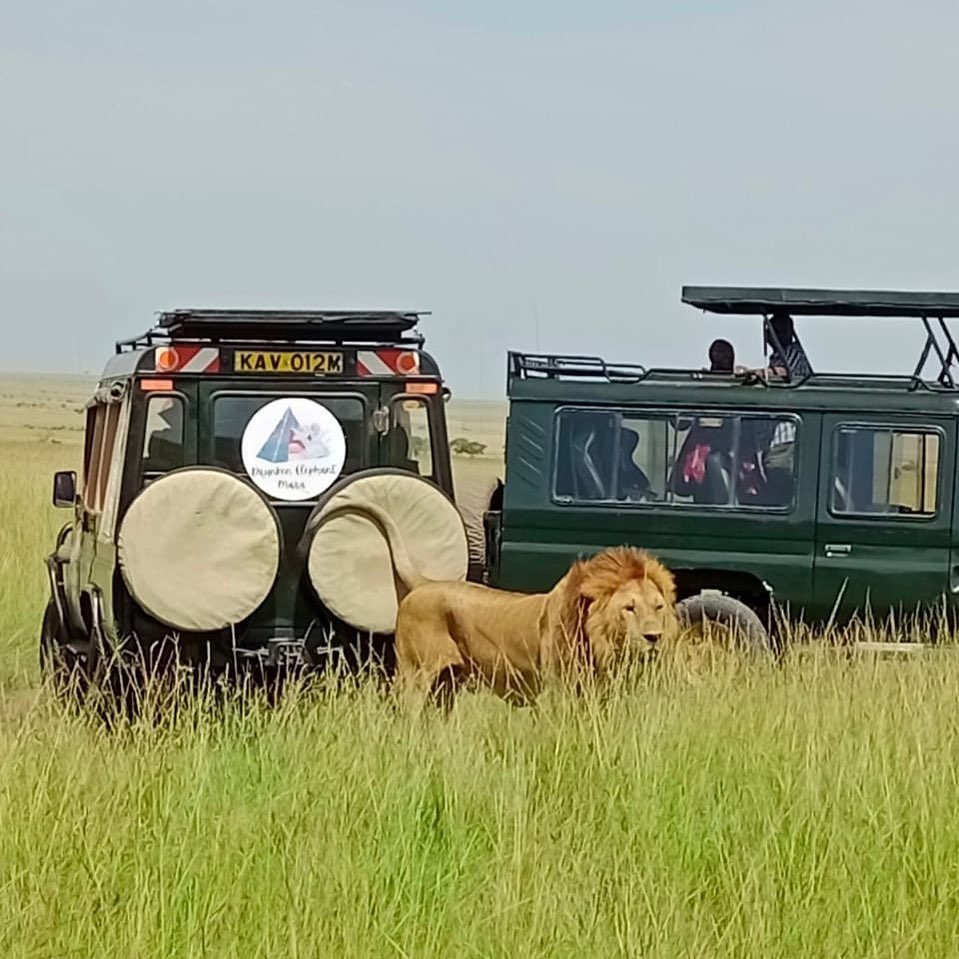
Embarking on an African safari with us at Drunken Elephant Mara is a dream for many, offering the opportunity to witness majestic wildlife in their natural habitat and immerse oneself in the continent’s breathtaking landscapes. However, understanding the pricing of safari trips can be complex, with costs varying widely depending on various factors. Delving into the nuances of safari pricing can help travellers make informed decisions and plan their dream adventure accordingly. Let’s explore the key factors that influence the cost of African safari tours.
Destination and Seasonality: The choice of destination and the time of year greatly impact safari pricing. Popular destinations like Kenya, Tanzania, and South Africa often command higher prices due to their abundance of wildlife and well-established tourism infrastructure. Additionally, peak seasons, such as the Great Migration in the Maasai Mara or the dry season in Botswana, coincide with higher demand and subsequently higher prices.
Accommodation and Lodging Options: Accommodation plays a significant role in safari pricing, with options ranging from luxury lodges and tented camps to budget-friendly campsites. Luxury accommodations offer premium amenities, personalized service, and exclusive wildlife viewing opportunities, commanding higher prices. Tented camps provide a more authentic safari experience, often at a more affordable cost, while campsites cater to budget-conscious travellers seeking a closer connection with nature.

Safari Duration and Itinerary: The duration and complexity of the safari itinerary also impact pricing. Longer trips covering multiple destinations or including exclusive experiences like hot air balloon safaris or walking safaris tend to be more expensive. Customized itineraries tailored to specific interests or preferences may also incur additional costs compared to pre-packaged tours.
Transportation and Logistics: Transportation logistics, including flights, ground transfers, and park fees, contribute to safari costs. Internal flights between safari destinations or remote airstrips can be expensive, particularly in remote areas with limited accessibility. Additionally, park entrance fees and conservation levies vary between reserves and national parks, adding to the overall cost of the safari experience. Opting for shared transfers or group tours can help mitigate transportation expenses.

Guide Expertise and Services: The expertise and quality of safari guides significantly influence the overall safari experience and, consequently, the pricing. Experienced guides with in-depth knowledge of local flora and fauna enhance wildlife sightings and provide valuable insights into the ecosystem. Private guided tours or exclusive access to wildlife-rich areas with expert trackers command premium prices but offer unparalleled opportunities for wildlife enthusiasts and photographers.
Inclusions and Exclusions: Understanding what is included in the safari package is essential for accurately assessing its value. Full-board accommodations typically cover meals, park fees, and activities, while some may include additional amenities like laundry service or spa treatments. Conversely, certain expenses, such as alcoholic beverages, gratuities, and optional activities, may be excluded from the package price, necessitating budgetary considerations. Deciphering African safari tours pricing requires a nuanced understanding of the various factors at play, from destination choice and accommodation options to itinerary complexity and inclusions. By carefully evaluating these factors and weighing them against personal preferences and budget constraints, travellers can make informed decisions to ensure a memorable and rewarding African safari experience without breaking the bank. With thorough planning and research, the dream of witnessing Africa’s wildlife in its natural splendour can become a reality for adventurous travellers around the world.


